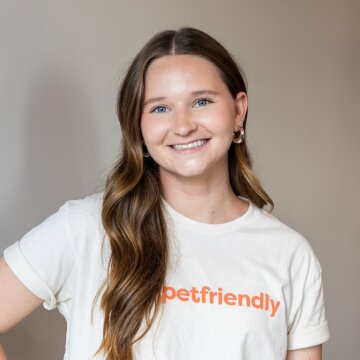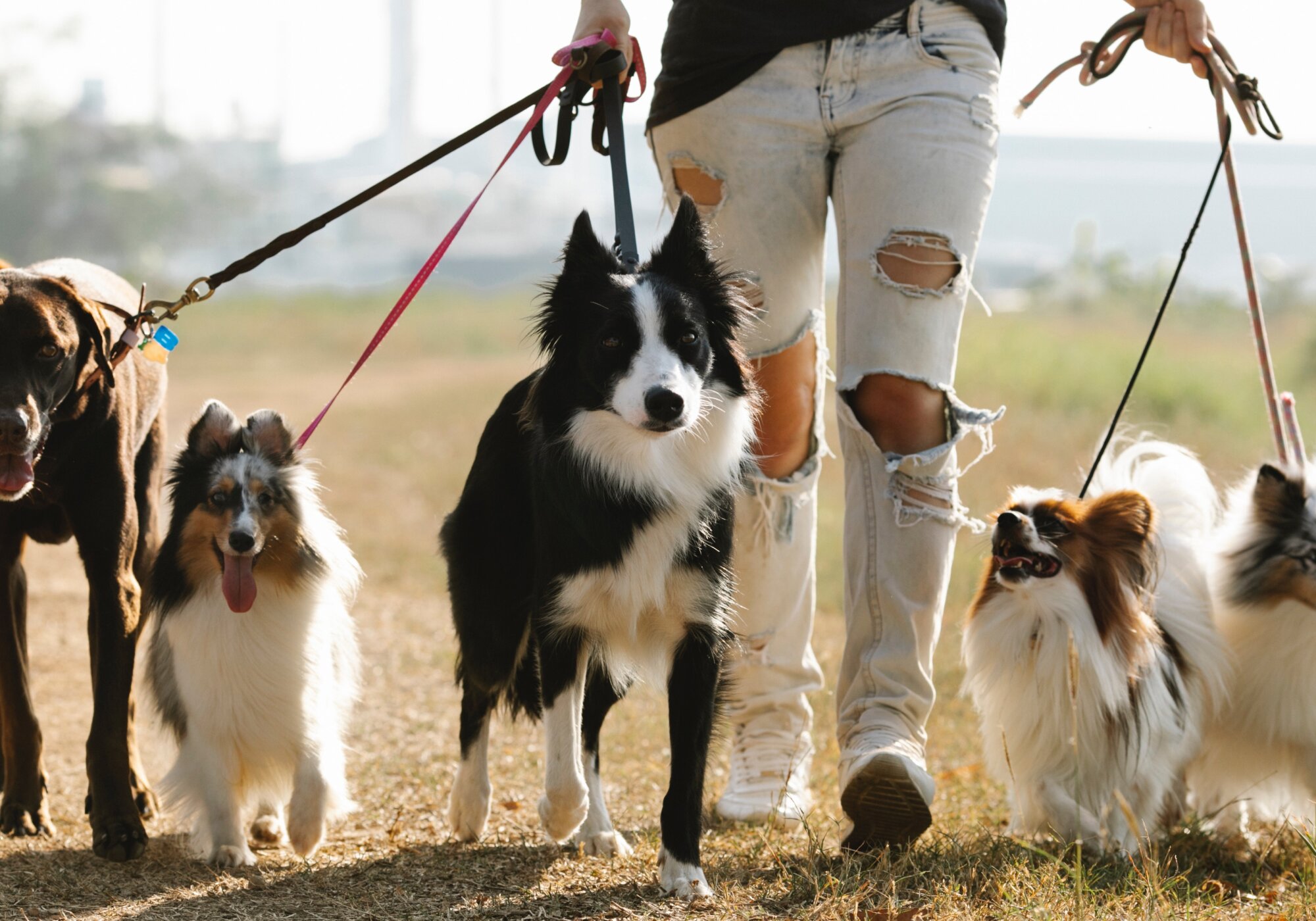Getting a new dog is an exciting milestone for pet parents. But, before you choose your new best friend, you may want to find a dog breed that matches your lifestyle.
Keep reading to learn about the preferences and characteristics you should pay attention to — or take our dog breed selector quiz to narrow your search.
5 questions to help you choose the best dog breed for your life
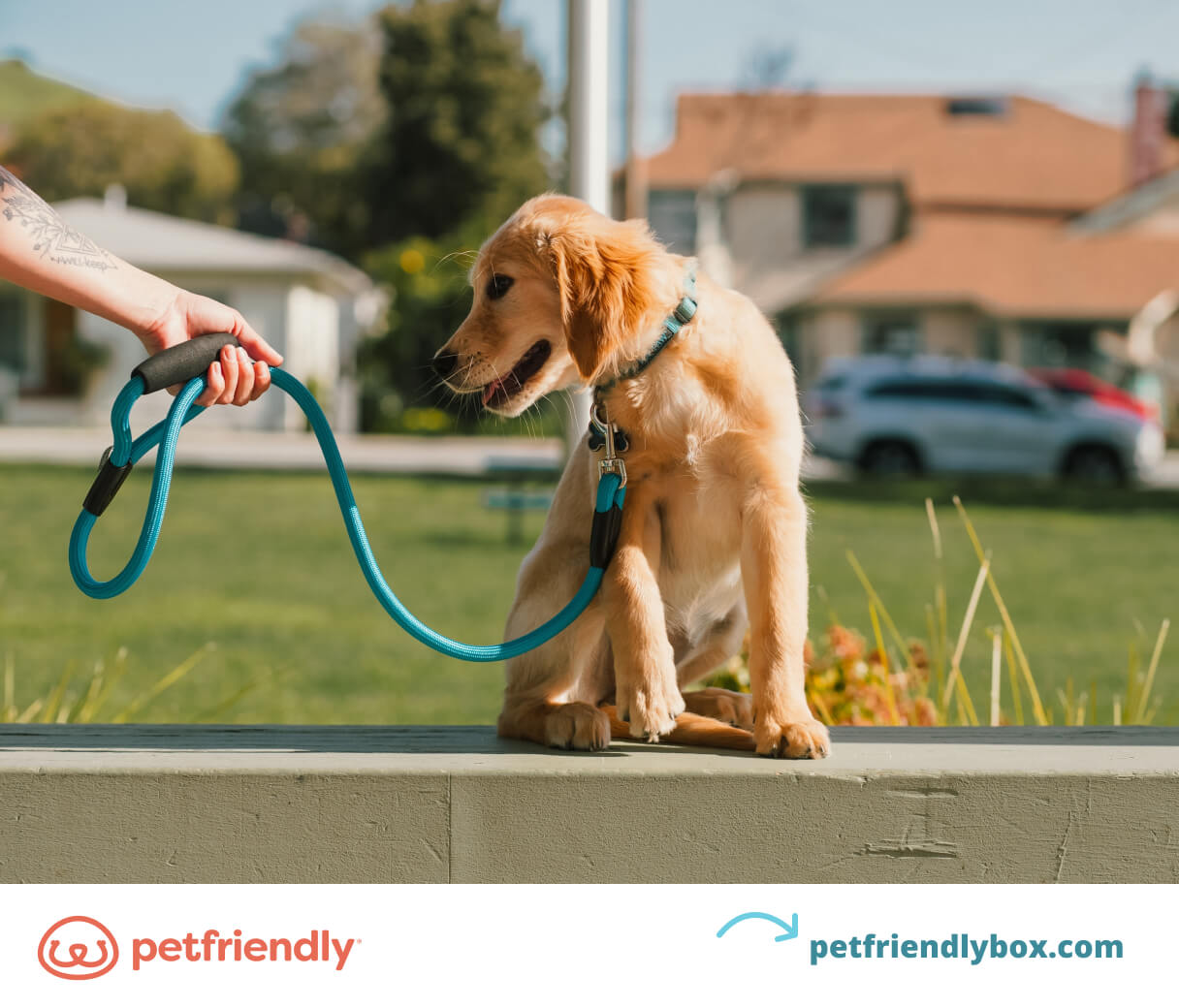
Finding the best dog match for you is a great way to create a healthy home. There are personal living situations and preferences that may (or may not) be conducive for your new pup.
Ask yourself these 5 crucial questions and do your research before adding a new best friend to your family.
1. Do you want a new dog?
Before bringing a companion home, you should decide if you want a new puppy or a senior dog. Your health and lifestyle are important considerations for finding the right match.
Senior dogs
Adoption is great for dog parents who don't have a lot of time for training. If you are an older individual or have limited outdoor areas to walk or exercise your dog, a senior pup could benefit from your lifestyle.
Puppies
However, a new puppy may be preferable for pet parents who have a lot of time to teach and train their dogs. Puppies are very involved and need a lot of attention and dedication. From trick training to general obedience, you're in for a challenge with a new puppy.
PRO TIP:
Whether you've previously owned a dog or not, being prepared with the necessary supplies (like a leash, harness, and dog bed) is key. We created a checklist for new pet parents.
2. Do you have other pets?
The makeup of your home can make a huge difference in the type of dog you choose. Some dog breeds get along great with others and some prefer to be alone.
If you already have other pets or kids, consider choosing a more social dog breed to join your family. If you live alone, a small or medium-sized dog might be a better friend.
3. How much time will you spend with your dog?
Let’s face it, some dog breeds require more attention than others. Exercise, grooming, and health status are key factors that can take daily care from minutes to hours.
Exercise
Dogs with high energy levels need lots of physical and mental stimulation to keep them healthy and calm. Daily walks and playtime are essential when owning an energetic dog breed.
Grooming
If you prefer a shedding or long-haired dog breed, be sure you have plenty of time to brush and groom them. Dogs with long hair require daily to weekly care to stay healthy.
Health status
If you've opted for adoption you might run into a health problem or specific ability that could influence the hours and dollars you spend on your new best friend.
4. How much space will your new dog have to run and play?
If you're looking for a companion for your slow, calm lifestyle, consider your environment. Small dog breeds can thrive in shoebox apartments and small yards. But, medium, large, and extra-large dogs need more space to roam.
If you live in a small, one-story house with minimal outdoor areas, consider choosing a small dog breed. If you have plenty of indoor and outdoor areas, a large or extra-large dog breed will thrive in your home.
5. Does anyone in your household have a pet allergy?
Pet dander is often the main cause of allergies in most humans. If you or someone in your household has a dog allergy, consider a “hypoallergenic" breed.
While most dog breeds aren't 100% hypoallergenic, there are some breeds that produce less dander (and need to be groomed) than others.
Dog breed selector
Choosing the best dog for your lifestyle is no small task. And it's easy to be influenced by the endearing qualities of new puppies.
But, dog breeds vary in characteristics from one to the next, including:
- Age
- Size (small, medium, large)
- Temperament
- Exercise needs
- Grooming needs
- Training
Not sure which dog breed is your perfect match? Take our dog breed selector quiz!
What dog is right for me: 8 popular dog breeds
Here are 8 of the most popular dog breeds. Plus, the pros and cons of each breed to help you choose the best dog for your home.
1. French Bulldog

The French Bulldog, also known as “Frenchies,” is a short-haired, moderate-shedding breed. Frenchies are small to medium-sized dog breeds and grow to average 16-28 pounds.
Pros:
Frenchies can adapt to new routines and environments with ease. Plus, Frenchies are friendly and have virtually no boundaries when it comes to personal space.
Cons:
Frenchies don’t have the territorial traits of other breeds and are often aloof to strangers. If you’re looking for a guard dog, a Frenchie may not be the best kind of dog.
2. Labrador Retriever

Labrador Retrievers are friendly and outgoing companions. They have a hard, dense coat and can grow to be anywhere between 55 and 80 pounds. Labradors love to run, hunt, and swim.
Pros:
Labrador Retrievers are highly trainable pets and are great for families. If you have a busy household and like to stay active, the Labrador Retriever may be the right dog breed for you.
Cons:
Labradors need daily exercise to stay physically and mentally fit. They also shed, so if you have a dog allergy, they may not be a good match.
3. Dachshund
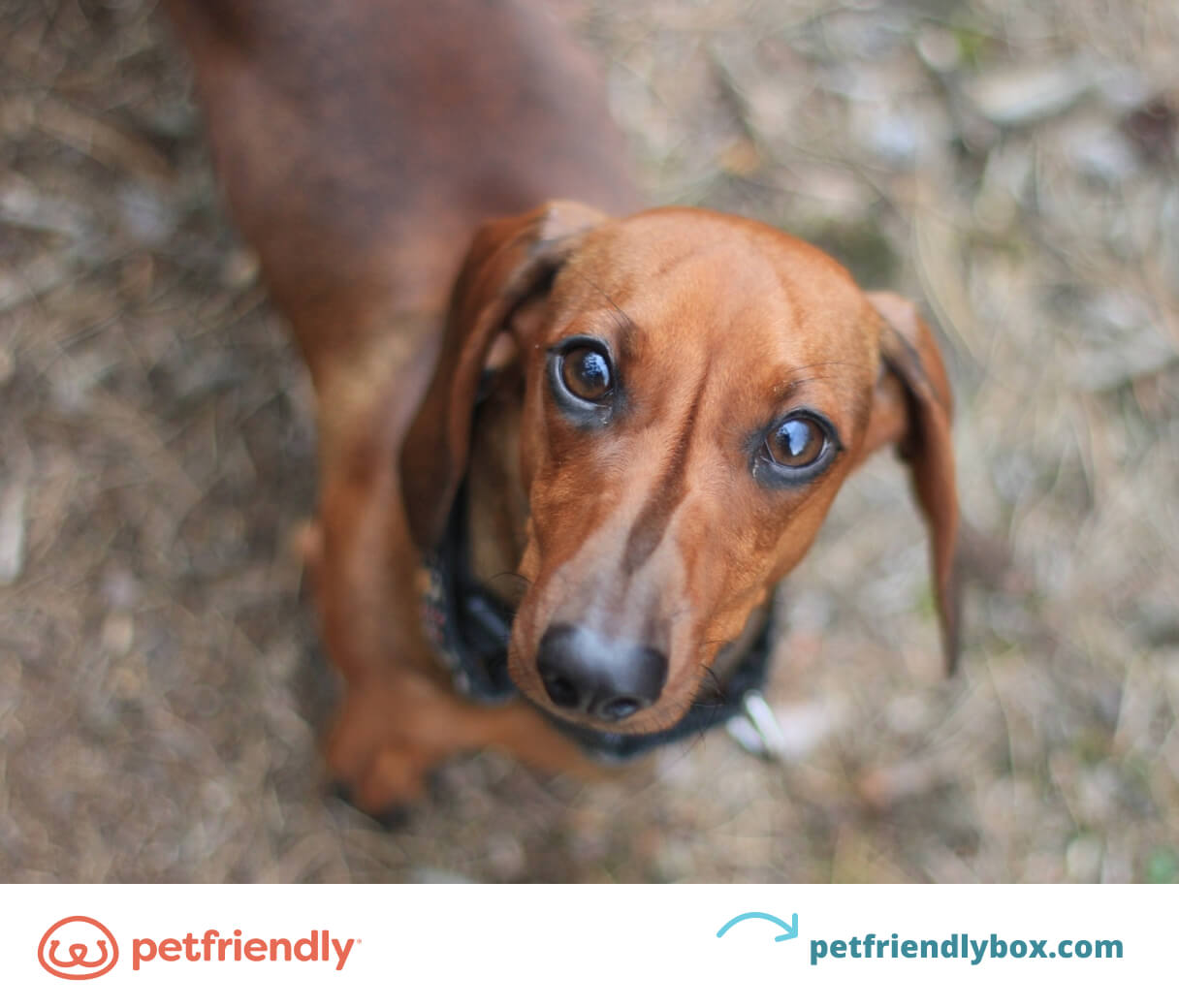
Also known as “weiner dogs,” Dachshunds have long-backed bodies, little legs, and big personalities. Whether standard-sized or toy, Dachshunds are smart and vigilant pets.
Pros:
Despite being small in size, Dachshunds make great watchdogs. They have a big dog bark and are fiercely brave.
Cons:
Dachshunds are very vocal. If you live in an apartment or condo, a Dachshund may not be the best dog breed for you.
4. Golden Retriever
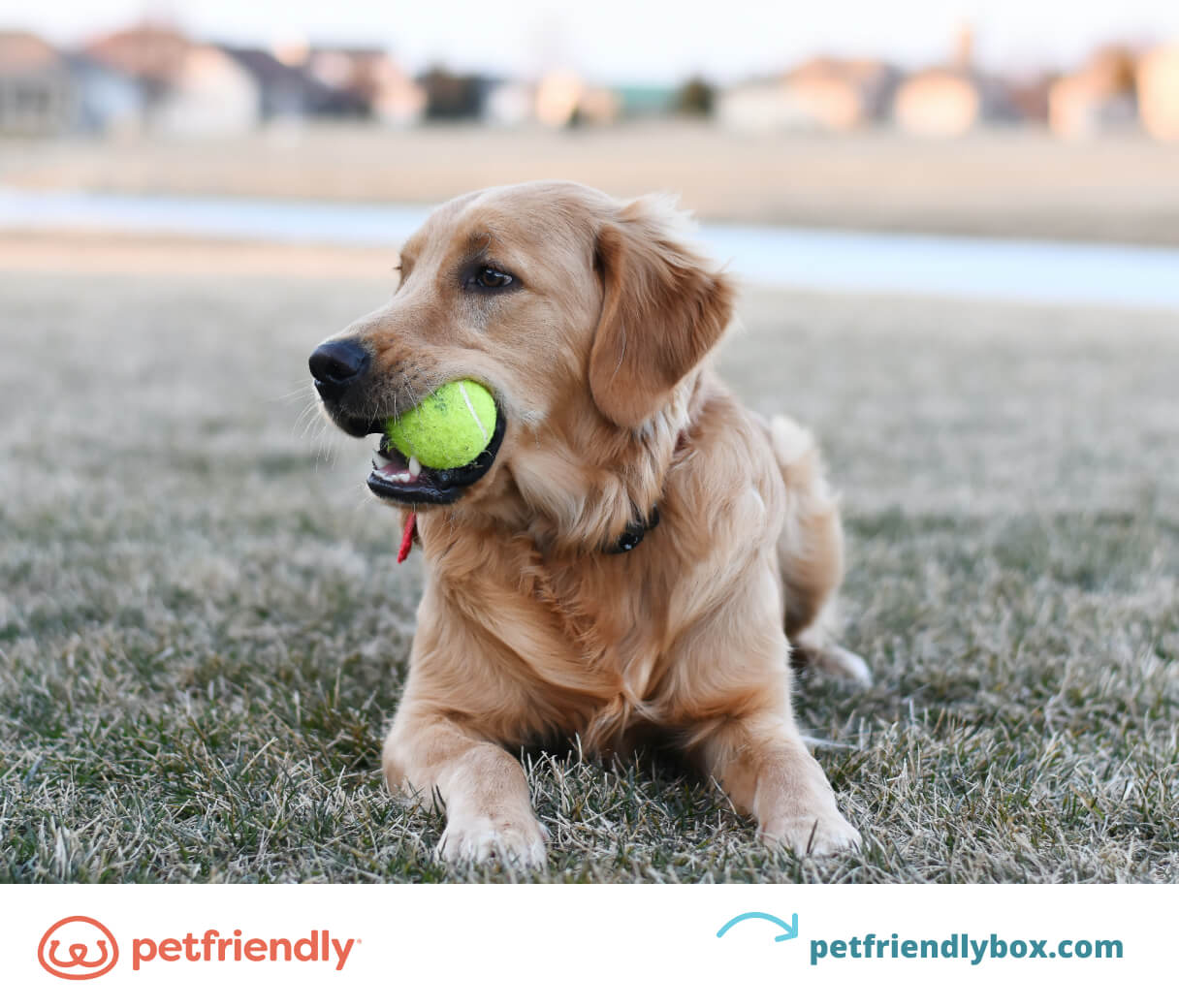
Golden Retrievers are a very popular dog breed in the United States. Their long hair is prone to shedding and requires more grooming than the average dog.
Pros:
Golden Retrievers are affectionate, kind, and friendly. They may be a good breed if you are active or have other animals or children. Plus, they are great snuggle buddies to chill on the couch with.
Cons:
Golden's long, luscious coat requires more haircuts than other breeds. But, if you groom them regularly, you won’t have quite as much hair fall on your clothes.
5. Pembroke Welsh Corgi

Corgis are medium-sized dogs and have a natural herding nature. Corgis are hypervigilant and ready to hunt, making them great watchdogs.
Pros:
Corgis' natural smile signals an eagerness to please. Due to their agility, stature, and intelligence, Corgis thrive (and often win) in agility competitions.
Cons:
Due to their thick, double coat, Corgis shed a good amount. This also makes them susceptible to overheating in warmer months. If you live in a climate with temperatures that rise to extreme heat, a Corgi may not be the best dog breed for your warm preferences.
6. Bernese Mountain Dog

Bernese Mountain Dogs are large, long-haired dogs. Berners have double, tri-colored coats and are intelligent dogs. Berners are more calm compared to other large-size dog breeds, but they have great control and love to please their owners.
Pros:
Berners are affectionate, friendly, and good with kids. Berners are one of the best dog breeds for busy homes. Plus, their double coat keeps them warm in cold climates.
Cons:
When fully developed, Berners can weigh up to 120 pounds. Their size and thick coats can be overwhelming for a new pet parent. So, a Bernese Mountain Dog may not be the best fit if you do not have time to tend to their needs.
7. Bichon Frisé

Bichons are small, non-shedding dogs with charming personalities. The Bichon Frisé is friendly towards other pets and children, making them perfect matches for families.
Pros:
Bichons are affectionate, agreeable dogs. If you have other dogs or children in your house, a Bichon might be the best dog breed for your family. Plus, Bichons are a safe choice for dog parents with an allergy.
Cons:
Although Bichons don't shed, their curly, double coats still require daily brushing and frequent grooming. A Bichon owner should have time every day to brush their dog and keep their coat from matting.
8. Maltese
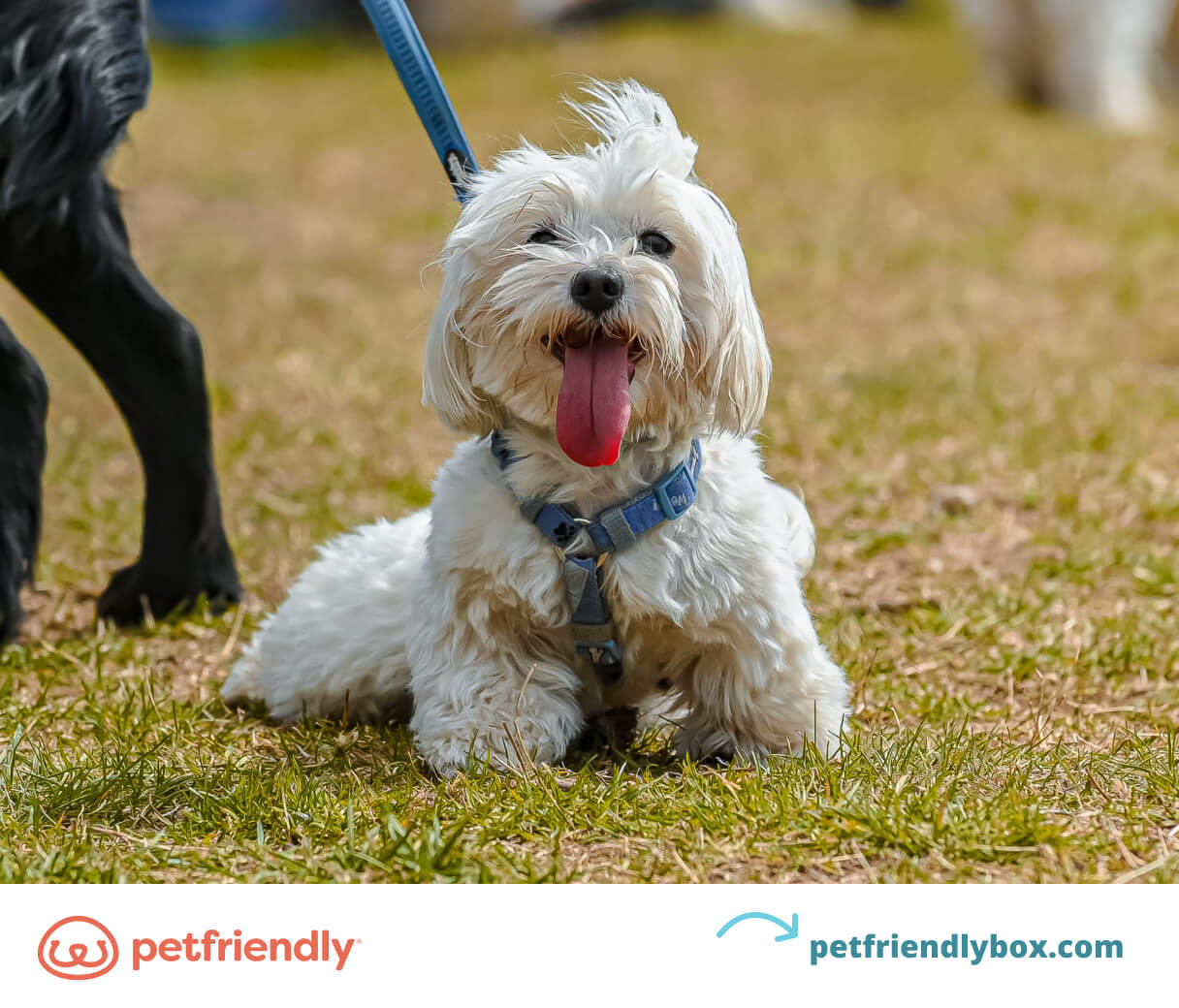
Maltese are toy dogs that typically weigh less than 10 pounds. The Maltese has a long, silky coat that doesn't shed — but you may need to brush it from time to time.
Pros:
Maltese are affectionate, making them great travel buddies or lap dogs. When fully developed, their size and weight are ideal for an elderly dog parent or a dog parent living in close quarters.
Cons:
Maltese are less friendly to other pets than other breeds. If you have other dogs in your home, a Maltese may not be the best fit for your lifestyle.
Not sure which dog breed is your perfect match? Take our dog breed selector quiz!
